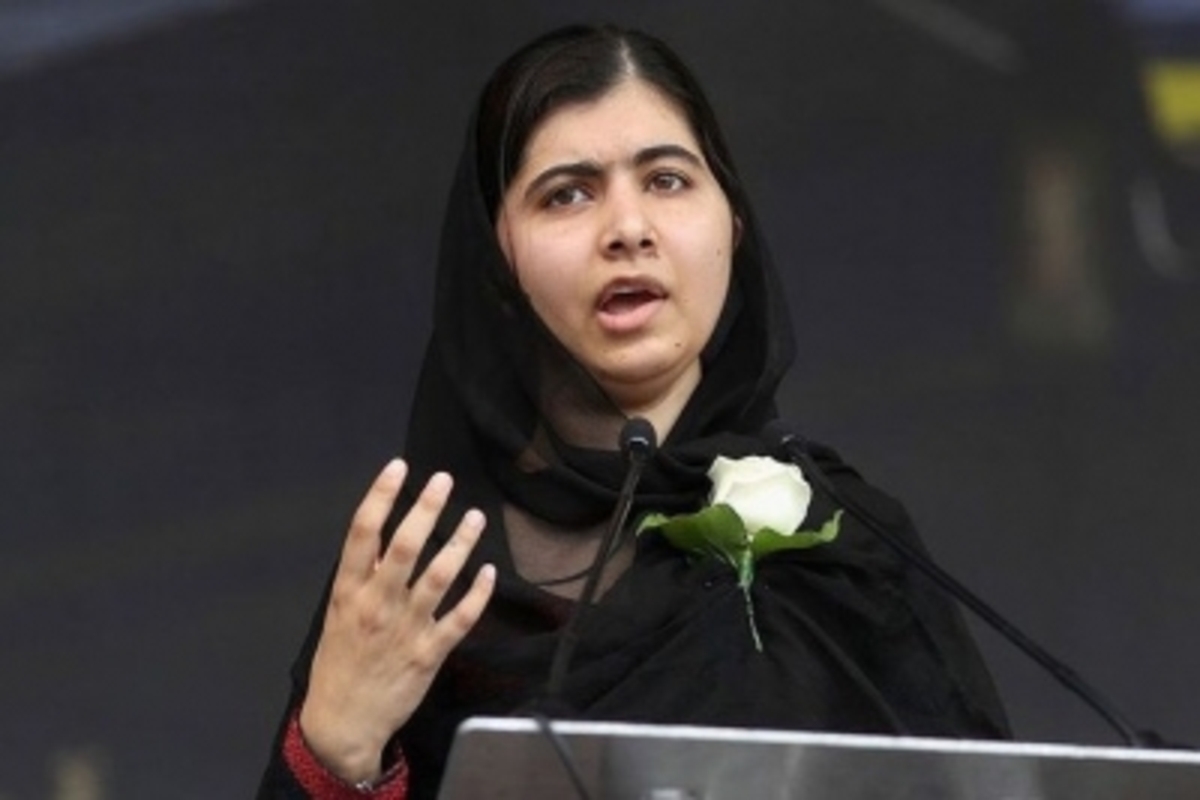Nobel laureate Malala Yousafzai’s call to criminalise gender apartheid under international law resonates with urgency and moral clarity. As an enduring symbol of resilience, her advocacy carries immense weight. Malala’s own life story, surviving a brutal attack for daring to champion girls’ education, makes her voice uniquely powerful in the global fight for gender equality. The plight of Afghan women and girls under the Taliban’s oppressive regime has reached a critical juncture.
Teenage girls have been banned from attending school, and women are excluded from universities and public spaces. This is not merely a regression in human rights ~ it is a systematic attempt to erase women from public life. Malala’s framing of these policies as gender apartheid is both accurate and profound. It positions this oppression within a legal framework that demands international accountability. Gender apartheid is akin to racial apartheid in its structural denial of fund a mental rights to a specific group ~ in this case, based on gender. Yet, it remains unrecognised as a distinct crime under international law.
Advertisement
Malala’s call to rectify this gap is not just symbolic; it has the potential to transform global justice mechanisms and offer hope to millions of oppressed women worldwide. The criminalisation of gender apartheid would not only hold oppressive regimes accountable but also serve as a deterrent against future violations. It would send a clear message that the global community recognises the systemic targeting of women as an international crime, deserving of the same level of condemnation as other crimes against humanity. Malala’s appeal to Muslim leaders and scholars is particularly significant. As a Muslim woman, she challenges the misuse of religion to justify gender-based oppression. Her message underscores that education and equality are deeply rooted in Islamic principles.
By urging Muslim-majority nations to lead this fight, Malala highlights the moral responsibility of these countries to confront the Taliban’s actions and reclaim the true essence of Islam, which advocates for justice and equality. This leadership is not just about words ~ it requires action. Muslim nations must denounce the Taliban’s policies unequivocally and support efforts to criminalise gender apartheid. Their voices can counter the false narrative that the Taliban’s actions align with Islamic teachings, providing much-needed solidarity to Afghan wo men. The international community must also act decisively. Diplomatic recognition of the Taliban has been withheld, but this leverage must be tied to concrete demands for gender equality.
Simultaneously, humanitarian aid must prioritise the education and empowerment of Afghan women and girls, ensuring they are not left behind. Malala’s advocacy is a reminder of the power of a single voice to inspire global action. Recognising gender apartheid as a crime against humanity would be a monumental step toward justice. It would affirm that systemic oppression of women, anywhere in the world, is tolerable. The world must heed Malala’s call ~ not just as a plea for Afghan women but as a universal demand for dignity, equality, and human rights.











